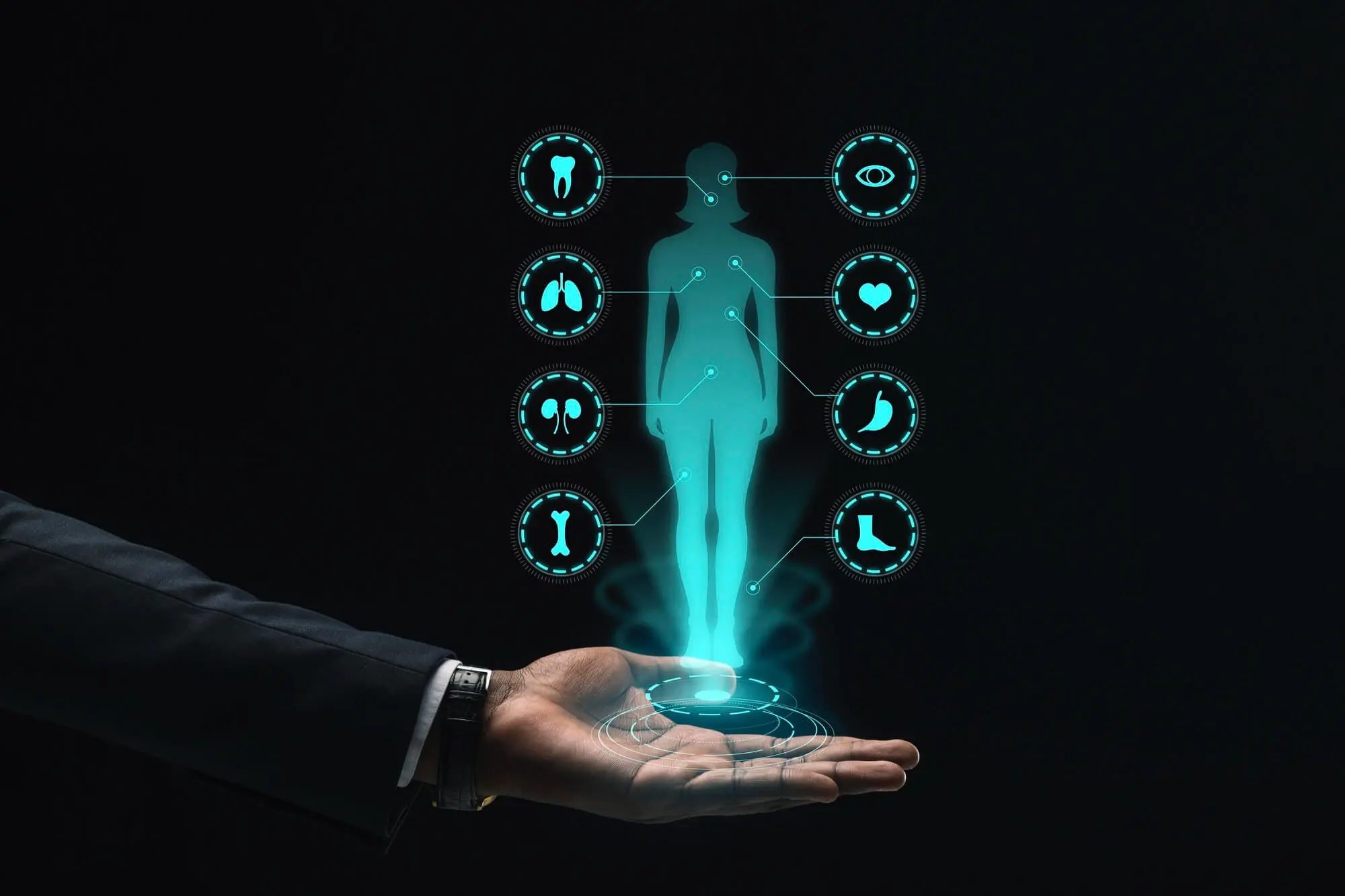Aging is an Option: Health and Longevity in Your Hands
How to improve the quality of life by promoting growth and preventing decline

We are currently experiencing a revolutionary change in our understanding of aging, which is deeply rooted in science and expands our knowledge of how the body works on a cellular level. This revolution involves various disciplines such as cell physiology, protein structure and biochemistry. While the final conclusions are still pending, the findings that are emerging are so compelling that people between the ages of 40 and 70 should take action now to live healthier and more fulfilling lives than previous generations.
Difference between aging and decay
It is important to differentiate between aging and decline. Aging is an inevitable, biologically programmed process that is gradual. In contrast, what many people fear about getting older — the decline in function and vitality — is primarily due to decline. Fortunately, this decline is not an inevitable fate. This means that much of what we call functional aging can be prevented.
“Biologically speaking, there is no retirement and no aging. There is only growth or decline.”
Many of the age-related changes, such as gray hair and wrinkled skin, are unavoidable, but they don't necessarily affect our well-being and behavior. Although immortality remains unattainable, aging can be a slow and graceful process. A healthy, active elderly person is significantly different from someone who has succumbed to decay.
Growth versus decline
From a biological perspective, there is neither retirement nor aging, but only growth or decay. Nature balances growth with a natural tendency to decay. When we reach midlife, our body tends to start breaking down processes. Without proactive measures, our bodies and minds deteriorate and we age. We cannot change this innate disposition, but we can easily override the standard signals and promote growth through appropriate signals.
Similar article: How and why do we age?
Preventing decay
The key to preventing aging is changing the signals we send to our bodies. This includes daily exercise, emotional wellbeing, healthy eating and active engagement in life.
Movement: A return to our roots
Movement is important because it is in line with our nature and development history. Our bodies, which evolution has shaped over millions of years, are geared towards activity. Our ancestors survived through strength, speed, and intelligence. To honor this heritage, we must make regular exercise an integral part of our lives.
Nutrition: fuel for growth
A balanced, nutrient-rich diet is crucial in the fight against aging — it supports cell repair and cell growth and thus helps maintain vitality and function. Predicting whole foods, minimizing processed sugar consumption, and ensuring adequate vitamin and mineral intake can have a big impact on how we age. By providing our body with the right nutrients, we give it the building blocks for continuous growth and renewal and ward off decay.
Body and mind in harmony
Our bodies and minds are precision instruments designed to develop in harmony with the natural environment. We're meant to grow when times are good: to be alert, research, collaborate, build, play, run, heal, love, and survive. To do all of this, our bodies and minds must be strong, active, and in harmony. If we exercise regularly, eat healthily, and take care of our emotional and mental health, we can live not only a longer life but also a richer and more lively life.
References
- https://en.wikipedia.org/wiki/Ageing
- https://pubmed.ncbi.nlm.nih.gov/28682291/
- https://en.wikipedia.org/wiki/Epigenetics
- https://www.nia.nih.gov/report-2020-2021-scientific-advances-prevention-treatment-and-care-dementia/biomarker-research
- https://en.wikipedia.org/wiki/Wearable_technology
- https://en.wikipedia.org/wiki/Personalized_medicine
Publiziert
15.10.2024
Kategorie
Health

Experte
We are currently experiencing a revolutionary change in our understanding of aging, which is deeply rooted in science and expands our knowledge of how the body works on a cellular level. This revolution involves various disciplines such as cell physiology, protein structure and biochemistry. While the final conclusions are still pending, the findings that are emerging are so compelling that people between the ages of 40 and 70 should take action now to live healthier and more fulfilling lives than previous generations.
Difference between aging and decay
It is important to differentiate between aging and decline. Aging is an inevitable, biologically programmed process that is gradual. In contrast, what many people fear about getting older — the decline in function and vitality — is primarily due to decline. Fortunately, this decline is not an inevitable fate. This means that much of what we call functional aging can be prevented.
“Biologically speaking, there is no retirement and no aging. There is only growth or decline.”
Many of the age-related changes, such as gray hair and wrinkled skin, are unavoidable, but they don't necessarily affect our well-being and behavior. Although immortality remains unattainable, aging can be a slow and graceful process. A healthy, active elderly person is significantly different from someone who has succumbed to decay.
Growth versus decline
From a biological perspective, there is neither retirement nor aging, but only growth or decay. Nature balances growth with a natural tendency to decay. When we reach midlife, our body tends to start breaking down processes. Without proactive measures, our bodies and minds deteriorate and we age. We cannot change this innate disposition, but we can easily override the standard signals and promote growth through appropriate signals.
Similar article: How and why do we age?
Preventing decay
The key to preventing aging is changing the signals we send to our bodies. This includes daily exercise, emotional wellbeing, healthy eating and active engagement in life.
Movement: A return to our roots
Movement is important because it is in line with our nature and development history. Our bodies, which evolution has shaped over millions of years, are geared towards activity. Our ancestors survived through strength, speed, and intelligence. To honor this heritage, we must make regular exercise an integral part of our lives.
Nutrition: fuel for growth
A balanced, nutrient-rich diet is crucial in the fight against aging — it supports cell repair and cell growth and thus helps maintain vitality and function. Predicting whole foods, minimizing processed sugar consumption, and ensuring adequate vitamin and mineral intake can have a big impact on how we age. By providing our body with the right nutrients, we give it the building blocks for continuous growth and renewal and ward off decay.
Body and mind in harmony
Our bodies and minds are precision instruments designed to develop in harmony with the natural environment. We're meant to grow when times are good: to be alert, research, collaborate, build, play, run, heal, love, and survive. To do all of this, our bodies and minds must be strong, active, and in harmony. If we exercise regularly, eat healthily, and take care of our emotional and mental health, we can live not only a longer life but also a richer and more lively life.
Referenzen
- https://en.wikipedia.org/wiki/Ageing
- https://pubmed.ncbi.nlm.nih.gov/28682291/
- https://en.wikipedia.org/wiki/Epigenetics
- https://www.nia.nih.gov/report-2020-2021-scientific-advances-prevention-treatment-and-care-dementia/biomarker-research
- https://en.wikipedia.org/wiki/Wearable_technology
- https://en.wikipedia.org/wiki/Personalized_medicine
Publiziert
15.10.2024
Kategorie
Health

.svg)














